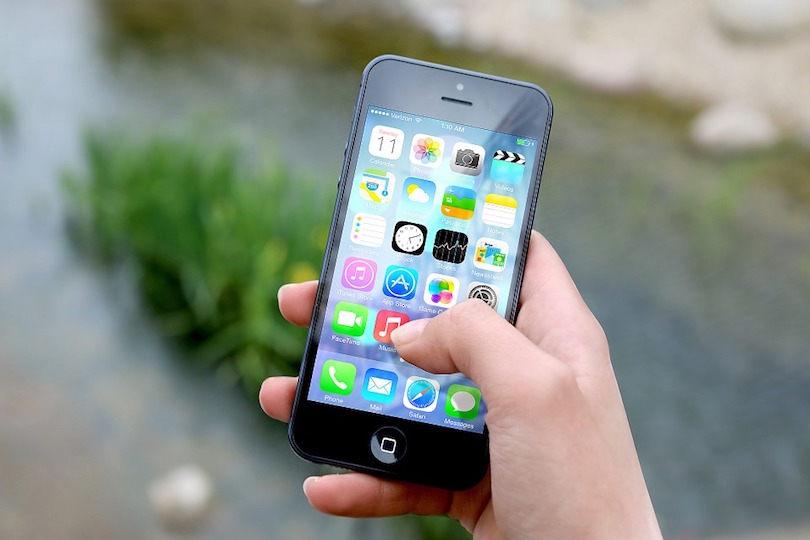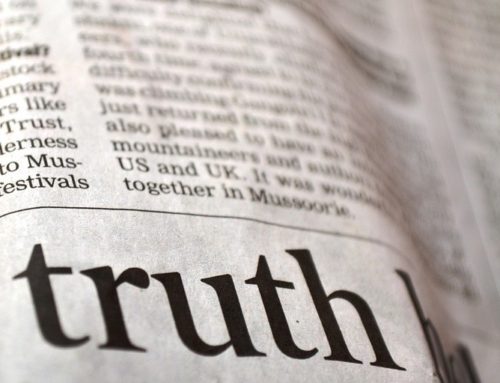Let’s face it – 2016 has been a horrible year. Some of our favourite celebrities have sadly passed away and there’s been more political turmoil than you can shake a stick at.
We all know that journalists are at their busiest when bad news hits, but we found it particularly interesting when Spotify capitalised on a year that, frankly, we’d rather see the back of.
Thanks 2016, it’s been weird
This week, Spotify kicked off it’s biggest ever global campaign with a data-driven outdoor advertising campaign that says goodbye to this year using the slogan ‘Thanks 2016, it’s been weird’.
What’s clever here is that the ads have taken funny and quirky hyper-localised facts and figures from their own data to depict interesting case studies of real people music habits. One example from a poster in the UK reads: ‘Dear 3,749 people who streamed ‘It’s The End of The World As We Know It’ the day of the Brexit vote. Hang in there.’
This advertising campaign bridges that narrow path into the realms of content marketing and PR because it’s generated conversations – online and in the press. Indeed, it received wide media coverage in titles such as Business Insider, The Drum and Tech Times, which Spotify’s PR team will no doubt be rather happy about.
How to newsjack effectively
When done properly, news jacking can be hugely beneficial to brands, charities and companies looking to raise their profile.
The 2016 presidential debate was according to Twitter the most tweeted debate ever with 17 million tweets sent. Organisations like 92nd Street Y and Feeding America used Twitter to share questions and concerns from their audience – but what was crucial here was that they were highlighting issues that overlapped with their values.
To make an impact when newsjacking, you need to ensure the content you’re posting is relevant to your own brand values and mission as a company or charity.
Ensure the messages you’re conveying don’t alienate your target audience and above all, while being funny and humorous might get your content shared online, it must be done sensitively to avoid what could become a PR disaster.
Image sourced from Pixabay



